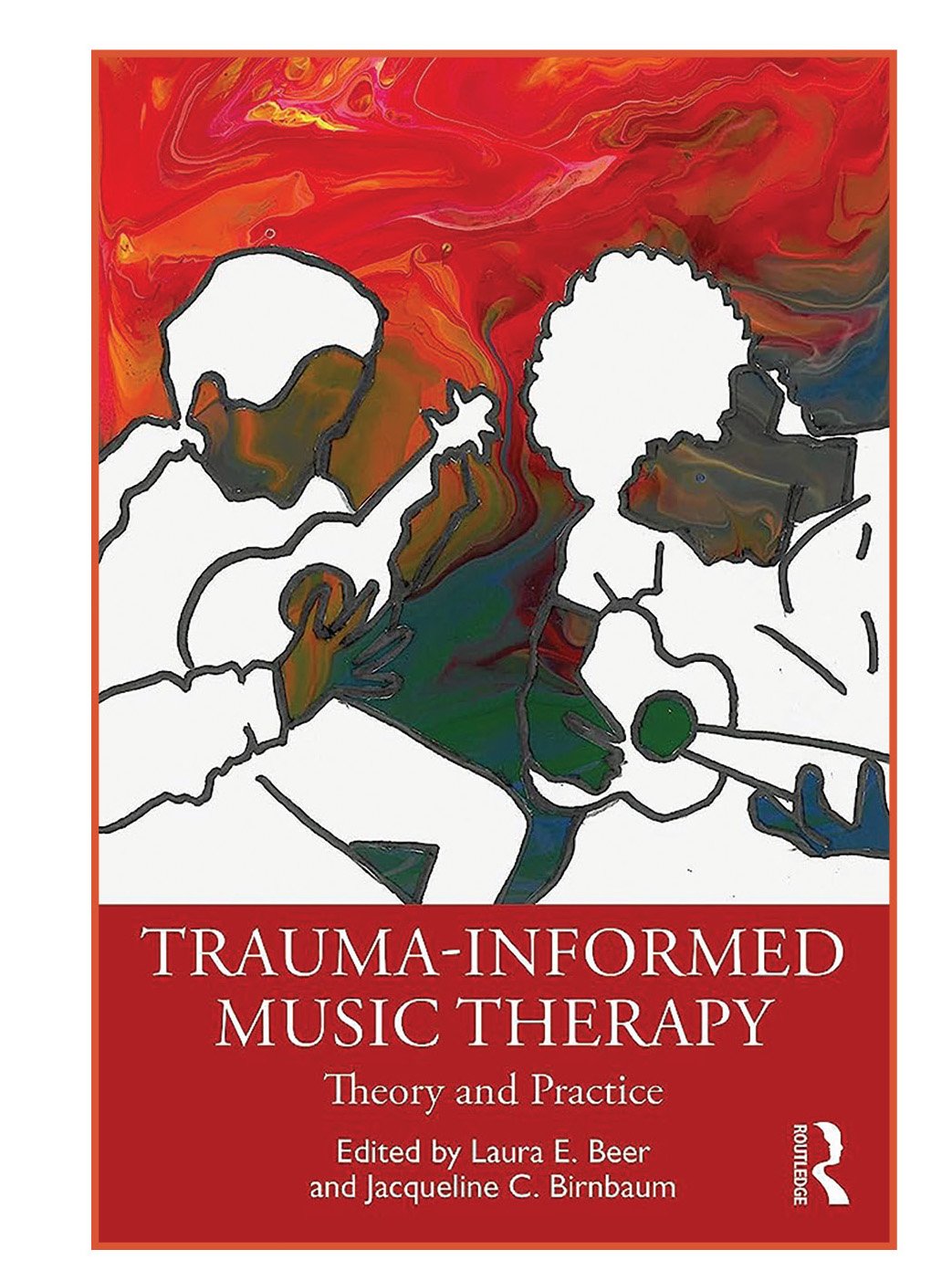By Christine MacIntyre
In a world awash with bad news and the relentless cascade of life’s endless absurdities, Jessi Klein emerges as a comedic voice of reason, a beacon of humor and humanity amidst the chaos. Her eagerly anticipated second essay collection, I’ll Show Myself Out: Essays on Midlife & Motherhood takes readers on a riotous journey through the tangled web of motherhood, midlife, and the quirkiness of modern existence. With interconnected essays like “Mom Clothes “and “Listening to Beyonce in the Parking Lot of Party City,” The Emmy Award-winning writer and producer fearlessly tackles the cruel ironies, the joyous moments, and the poignant bittersweetness of this stage of life. Through her signature honesty and irreverent humor, Klein weaves a tapestry of insights and laughter, reminding readers that even in the face of life’s most absurd moments, we can find solace, understanding, and a good hearty laugh.
In I’ll Show Myself Out, readers find relatable themes encompassing motherhood, midlife, and the societal expectations tied to these phases of life. Klein skillfully navigates the complex blend of bitterness and sweetness, revealing the simultaneous irony, cruelty, and joy of existence. She dissects the challenges and absurdities accompanying these themes through her candid and relatable perspective. Klein’s writing stands out for its honesty, wit, and sharp humor, making each essay a compelling and resonant experience.
In the opening essays, Klein introduces herself as a mother sharing glimpses of her daily life. She immediately discusses challenges (such as running to the store to replenish her son’s snack supply to prevent him from having a meltdown) and reflecting on them without undue judgment. She reveals that her existence seems repetitive and occasionally self-criticizes. She admits to being an ardent fan of The Bachelor and Elizabeth Gilbert’s Eat, Pray, Love. In these moments, Klein takes on the role of a relatable mother, one that many readers in the same stage of life will readily recognize. She humorously describes herself as feeling “invisible to the mainstream world, over the hill, like a Swiffer on legs, wiping his nose with my hand, and not having sex, and generally functioning as a kind of automated milk-and-comfort-dispensing machine.” And just like that, she becomes a reader’s best friend or sister wife.
Throughout subsequent essays, such as “The Butterfly” and “On the Starbucks Bathroom Floor,” Klein candidly delves into her occasional struggles as a mother. She peels back the layers of self-doubt and personal insecurities, highlighting her struggles with not entirely fitting into her various life contexts—her town, her marriage, or even her skin. These moments of vulnerability strike a chord of relatability, as many readers have experienced similar thoughts and emotions. She reflects on how parenthood can render the ordinary both insane and mundane, prompting her to daydream about an alternate life. She yearns for the freedom to escape while simultaneously conveying the paradox of motherhood—longing for independence while cherishing the need to be essential to someone else. The essays encapsulate the myriad, often conflicting emotions parenthood can evoke.
From grappling with the anxiety of potty training and the challenges of picky eating to the overwhelming surge of emotion that occasionally leads to a loss of patience or the sensation of parenting on autopilot, Klein masterfully renders a sense of normalcy to the everyday tribulations of motherhood. Her essays serve as a reassuring breath of fresh airas though readers are finally free of an invisible weight. Her candid reflections resonate deeply reassuring others they’re not alone in their battles.
Raising a child to adulthood is an inherently challenging journey, let alone navigating life’s complexities simultaneously. Many parents wrestle with the feeling that motherhood is trivialized or underappreciated. As Klein aptly observes, she strives to find beauty in life, yet she realizes some things are beyond a parent’s control. “… I’m not responsible for the fact that once the pretty things are turned over, horrible, dark little tidbits are lurking under so many of them.” However, in sharing profound thoughts and experiences through her essays and the fact that she can discuss them with humor, Klein’s words become a soothing balm for life’s hardships. They provide a comforting reminder that no one is alone in their trials, offering camaraderie in the shared experience of motherhood’s challenges.
Klein masterfully brings her book to a poignant conclusion in “The Return,” where she delves into the profound transformation that parenthood imposes. She reflects on the irrevocable shift from her pre-motherhood identity, recognizing the parts of herself that have changed, with the realization that there’s no turning back. She candidly shares a list of things she no longer misses, like wanting to be the prettiest in the room and the constant need to apologize, as well as items she doesn’t have space for in her now-constricted mental capacity, such as Harry Styles and TikTok.
Ultimately, Klein underscores a fundamental lesson that parenthood imparts from the unwavering protective instinct to protect our children. She astutely observes that motherhood allows learning a profound kind of power—the ability to stand up for our children and ourselves. It’s an unexpected insight that emerges from the journey of motherhood, presenting a unique chance for personal growth and self-assertion. In embracing this newfound strength, Klein leans into her transformed self, demonstrating her capacity to continue evolving and thriving, just as readers can.





















































































































































































Weedy Wisdom for the Curious Forager is a delightful exploration into the world of foraging, offering readers a unique and insightful perspective on the often-overlooked treasures found in nature’s backyard. Authored by Rebecca Randall Gilbert, the book is a comprehensive guide that helps beginner and advanced foragers embrace the bounty of wild plants and discover the hidden gems under their noses.